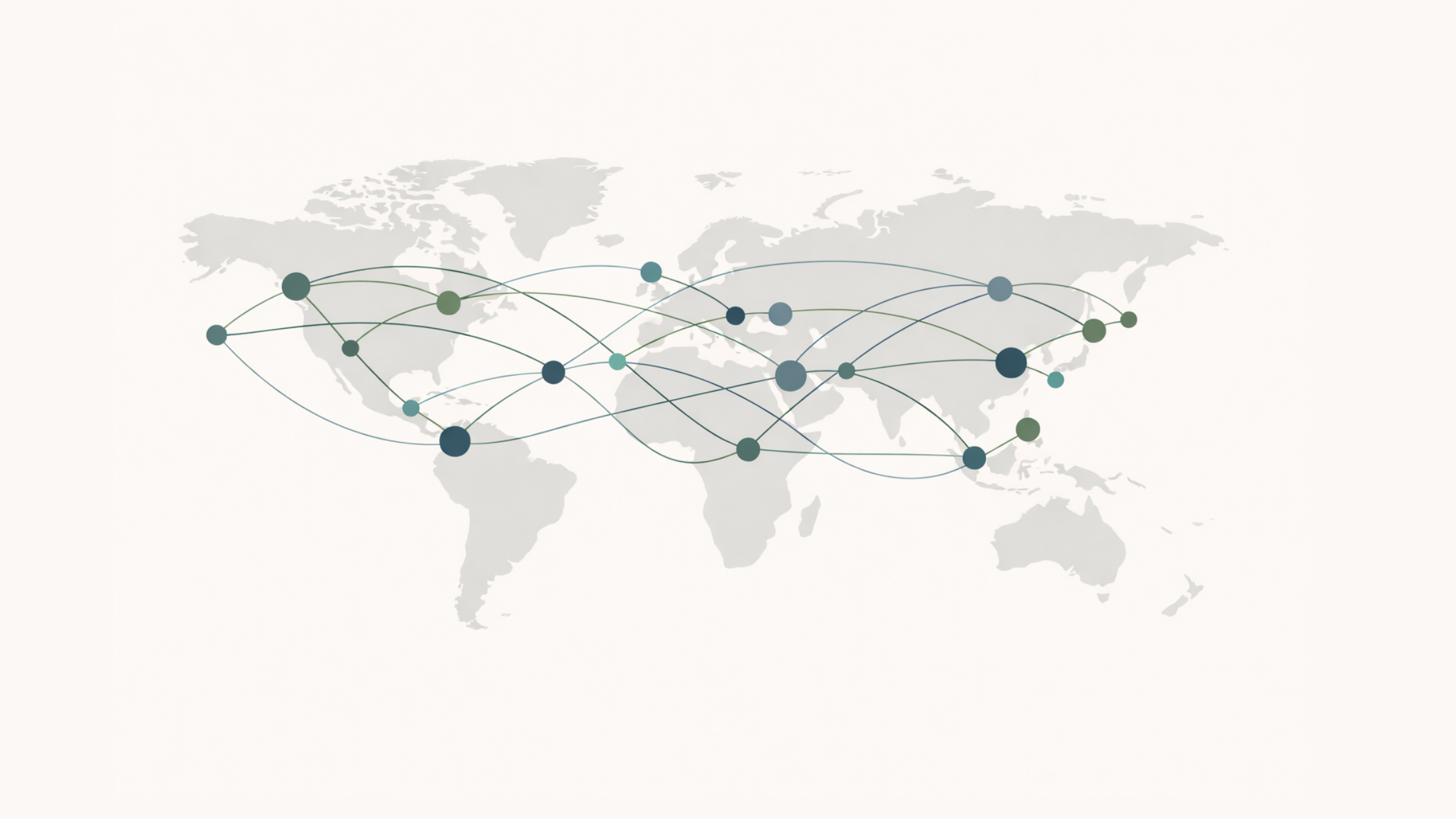By Bahar Gidwani
Our friends at Agrion organized a Sustainability Summit last week. About 250 people gathered in New York to discuss various aspects of corporate social responsibility (CSR) and sustainability practice. I had the opportunity to lead an all-star panel on materiality in sustainability reporting. (Our panel included speakers from NASDAQ, Bloomberg, Rockefeller, and the CFA Institute.)
When we met ahead of the meeting, our group expressed a collective fear that we’d put our audience to sleep! Materiality can be a pretty technical subject. Here’s a quick definition of the word, in case you need it: Materiality is a measure of the estimated effect that the presence or absence of an item of information may have on the accuracy or validity of a statement.
We discovered that our panel of experts disagreed about exactly how materiality should be used in sustainability reporting. One camp felt that sustainability reporting should be centered around a legal/regulatory view of materiality. This perspective was well expressed in a recent SASB/Harvard article:
The other group felt that sustainability reporting should focus on what matters to a company’s stakeholder groups. A recent CSR report from Electrolux put forth this view:
Our audience initially agreed with the second (stakeholder) view. After hearing the arguments in favor of the legal/regulatory view, almost the whole audience changed its opinion to agree that both perspectives should be considered, when doing sustainability reporting.
Although our panelists disagreed initially on this definition issue, they agreed on many other points. For instance they all felt:
- More companies are releasing more data, and some of it is becoming more material. But we still get a lot of lousy data and smaller companies lag behind.
- Stakeholders have different views of what data should be provided and whether or not it is sufficiently material.
- It would be great if we could consolidate all the competing materiality standards into a single set, but this is unlikely to happen.
We spent a lot of time on the question of standards. It was obvious that our audience (mostly corporate sustainability managers) felt strongly that the standards environment was confusing and counterproductive. Most of the audience had a favorable view of the work that has been done by the GRI (Global Reporting Initiative) and there was a lot of enthusiasm for the ISO26000 framework. Fewer people knew about SASB’s initiative and those who did expressed concern that it would distract from the standards that were already known and in place.
I resisted dropping the Rodney King line (“Why can’t we all get along”) and instead appealed to our audience to be aware of and actively participate in the standards-setting process. Our panelists offered similar closing remarks and reminded the audience that materiality discussions should lead to better understanding of the business opportunities (and risks) that come from sustainability reporting.
Bahar Gidwani is a Cofounder and CEO of CSRHub. Formerly, he was the CEO of New York-based Index Stock Imagery, Inc, from 1991 through its sale in 2006. He has built and run large technology-based businesses and has experience building a multi-million visitor Web site. Bahar holds a CFA, was a partner at Kidder, Peabody & Co., and worked at McKinsey & Co. Bahar has consulted to both large companies such as Citibank, GE, and Acxiom and a number of smaller software and Web-based companies. He has an MBA (Baker Scholar) from Harvard Business School and a BS in Astronomy and Physics (magna cum laude) from Amherst College. Bahar races sailboats, plays competitive bridge, and is based in New York City.
CSRHub provides access to corporate social responsibility and sustainability ratings and information on nearly 7,000 companies from 135 industries in 82 countries. Managers, researchers and activists use CSRHub to benchmark company performance, learn how stakeholders evaluate company CSR practices and seek ways to change the world.


.png)
